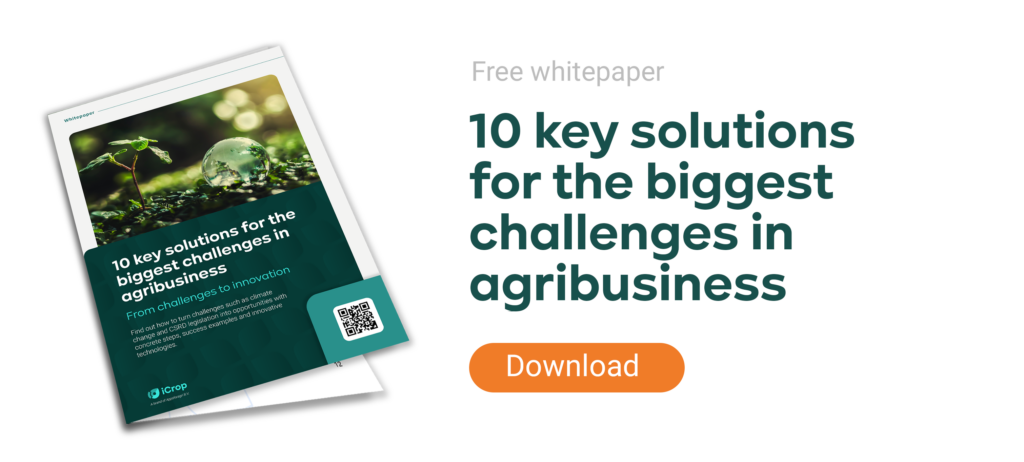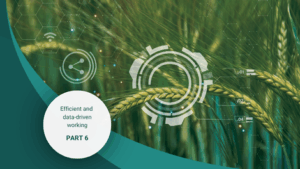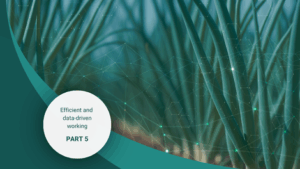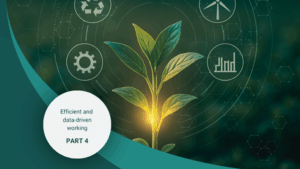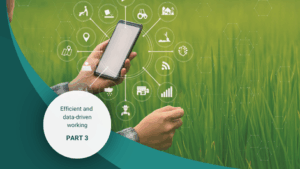Climate change and the future of agriculture: How are you preparing?
Climate change has major implications for the agricultural sector. Extreme weather, new diseases and pests, and higher CO₂ concentrations present growers with many challenges. For example, longer periods of drought and heavy rainfall not only cause unpredictable harvests, but higher temperatures also lead to a shift in crop growth and the emergence of new threats, such as diseases and pests that did not previously occur.
What can you do to minimize climate risks?
Growers cannot avoid adapting to these changing conditions. Some strategies to consider:
- Precision farming: Use advanced data technologies, such as monitoring weather conditions and soil moisture, to optimize crop growth.
- Crop diversification: By growing different crops, you spread risks and can better respond to changing conditions.
- Adaptive strategies: Work with advisors to anticipate disease pressure and changing pests.
How does iCrop help prepare you for the future?
iCrop offers an innovative total solution to support you through these challenges:
- Data-driven decisions: By integrating data from weather stations, field observations and crop plans, iCrop gives you insight into the best times to seed, irrigate and treat.
- Manage disease pressure and pests: The platform helps you monitor and anticipate disease pressure and pests, allowing you to work more efficiently and sustainably.
- Cost savings and sustainability: By using resources such as water and crop protection more efficiently, you not only save costs but also contribute to a more sustainable operation.
Looking forward together
Climate change is a complex issue, but with smart technologies and proactive strategies, you can be prepared for the future. With iCrop, you have a partner who not only understands the challenges, but also provides the solutions you need to remain sustainable and profitable.
Curious about iCrop?
Request a live demo!


